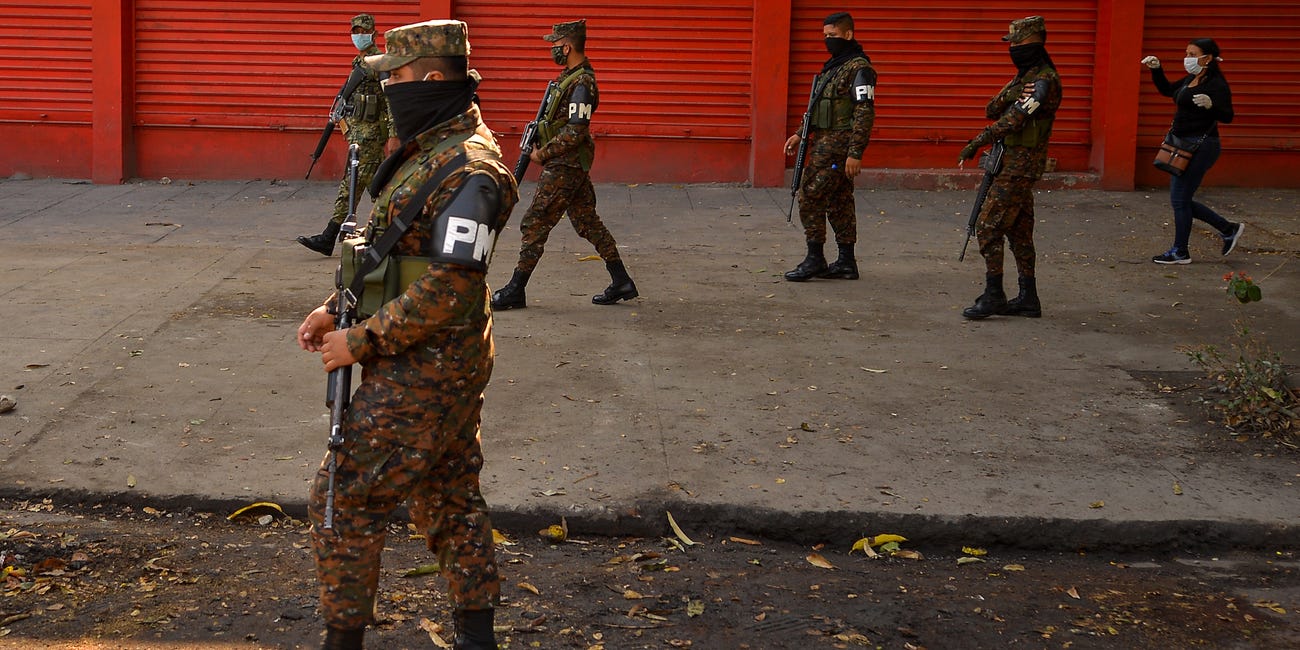The rapid spread of the coronavirus in 2020 has seen an unprecedented crackdown on personal freedoms across the world as governments have invoked emergency powers. Public gatherings have been banned, restaurants and bars have been closed, and police have been given powers to arrest people disobeying social distancing rules, and that’s just in the UK. Other European countries such as Italy and Spain have seen the deployment of the armed forces on the streets for the first time in decades, and South Korea has been utilising technological surveillance as a means to fight the virus. There is no doubt that big government is needed to fight the virus, but the real question is whether or not government control will shrink afterwards.
Beginning with surveillance, in South Korea and Hong Kong apps have been utilised as a means to track the virus. In Hong Kong specifically, apps on phones have been used to ensure people have been obeying quarantine rules. Although these apps have been successfully fighting the virus – South Korea claims that tracking fresh infections using mobile technology gets results in ten minutes instead of 24 hours using other methods – they could present a major issue for civil liberties in the future.
Hong Kong has been in crisis for the past year, with pro-democracy protesters in opposition to the Beijing government battling the police on the streets of the city. Once the virus crisis is over, these new surveillance techniques could provide China with a massive advantage over the demonstrators. As China has also been successfully dealing with COVID-19 on the mainland, they could be used as a model for the rest of the world, meaning greater surveillance in more democratic nations as well. These measures have been debated in the UK, and while some have pointed out that mobile surveillance technology could be utilised for fighting drug-dealing and terrorism, the danger lies in where the line will be drawn.

Abuses of office and power grabs are also a potential problem. In Hungary, which many observers have noted has become increasingly authoritarian in the past decade under the right-wing leadership of Victor Orban. The Hungarian parliament recently voted to allow Orban to rule by decree indefinitely. These measures can only be removed with a two-thirds vote in parliament, and effectively make him the world’s newest dictator. Orban was set to be tried for corruption, but the shutdown of the courts means the trial has since been delayed. In Africa and the Middle East, the spread of COVID-19 could further strengthen existing authoritarian regimes due to the emergency powers they can legitimately claim. As with in Italy, South Africa has seen the deployment of the army in order to enforce order. Bans on mass gatherings in the name of “public health” could be used to break up protests against regimes.
In Israel, the crisis has come at a convenient time for Prime Minister Benjamin Netanyahu, who is currently facing indictment for corruption. The virus is providing with an excuse to side-step these charges, and also provides a diversion from his controversial Israel-Palestine peace deal with US President Donald Trump, which has been criticised as heavily one side and will see the creation of a Palestinian state with limited sovereignty. The Palestinian health care system is also extremely fragile, and as living conditions in Gaza and the West Bank are already poor, COVID-19 could have disastrous impacts. This would severely affect the ability of Palestinian authorities to resist the Israeli-Trump deal.
The virus could also be devastating to the consolidation of the state and democracy in Iraq, which has already been ravaged by years of warfare. Many Iraqi citizens have been ignoring the governments call to stay at home, with many dismissing the virus as a “Zionist conspiracy.” This could result in the virus spreading rapidly through the country, whose health system is weak and would not be able to cope. This has led to fears that it could contribute heavily to the erosion of the state in Iraq, at a time when Shia militia groups formerly allied with the government are splintering and the Islamic State group – which at one point controlled up to a quarter of Iraqi territory – is beginning to regroup and rearm.
Finally, the virus has interesting implications for Russia’s status and relations with the rest of the world. Unlike the rest of the world, which is feeling the economic consequences of lockdown and self-isolation, the Russian economy is getting on well. Western sanctions against Russia and Russian sanctions against the West in response to the Crimea crisis of 2014, the Russian economy has effectively been operating in isolation for several years and has become remarkably self-reliant. President Vladimir Putin does still have an economic package planned, but critics have accused him of doing this more to bolster the already authoritarian Russian state than to preserve Russia’s economy and protect private citizens.
Image: Soldiers at a protest against the closure of aid centres in El Salvador March 2020 (Alex Pena / Anadolu Agency)

